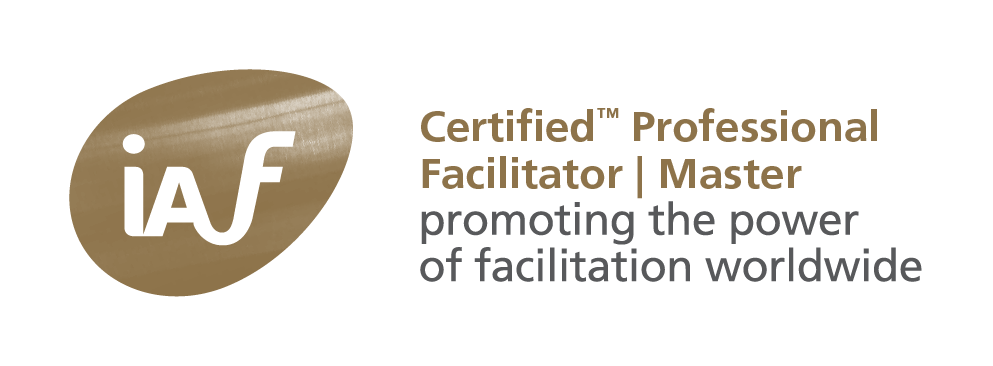Facilitators try to do their best to reach goals. It can be like “the Red Queen”-paradox from Alice Through the Looking Glass: all the running just keeps you in the same place.; if you want to make progress, you have to run even harder. There is a lesson in here. Let’s take this metaphor of running to its limits.
Case
“… . When I was trying so hard to finish every marathon I exactly felt uncomfortable. Because I always had so many aims to complete, daily run, weekly run, monthly run, yearly run… In runner groups we are always compete with each others. How fast, how long, how many times a year we can run…
2 years ago, once I dropped out at 20KM check point because of my hurting knees. I cried for 2 hours and I hated to be a failure. I even felt shame to talk about that history. After that I spent one whole year not pushing myself too much or too hard. I can enjoy running and being lazy. I was so struggling with my own decisions between desiring win or not caring loose…
Finally I don’t care the scores, records any-more. Exactly I don’t care how people look at me any-more. It’s my choice to run or not, nobody can judge. It was long journey, but very worthy living through. This experience made me understand failure can be gift as well. ”
For one thing, I like the triple metaphor: ‘”running a (marathon) journey” as running a journey’ within a journey of learning. You can see how our subconscious knowing – your “body” -, “knows” in term of metaphor, translated by your brain into conscious knowledge, a sentence about the metaphor about a learning journey. Which is also a “marathon”. You can also see here, why – as a facilitator – you shouldn’t focus on reaching “a predetermined goal” as a goal. A goal is a means to an end and not the end of the means.
A goal is a means to an end and not the end of the means.
With facilitation, always act with the end in mind. We’re used to having goals and most of the time see them as part of a contest. Winning is the end (finishing) of a race, but not its end (as a destination). In every session, the goals (S.M.A.R.T.) are not to be confused with the end (results), because then you might assume it’s about “competing”. Never compete with a group.
It’s an easy mistake to confuse goals with ends. The paradox of cooperating -we’ll come back to it later -, states that every good cooperation looks like a competition. When you’re running together, an outsider may see this picture as a chase. With a winner – up front – and a bunch of losers – at the back.
This has also become the picture of an organization: we’re co-operating to compete. We have been taught that competition brings better results. It doesn’t, cooperating does. We even frame evolution as a game of winners and losers. This is a fallacy. Evolution has no end (pun intended). Cooperating is inherently rewarding. Life is a game with only one rule: “this is not a game”.
Some tips to guide towards an end
- If you must define a goal, create a relative goal and not an absolute. (This is making a distinction between counting (absolutes) and measuring (relatives)). Off course, you’ve noticed the word “relative”, which already points at, well, “relatives”. I defined the goal of an “Agile” project as the ratio between inventory and sales. A smart goal can always be: “halve of what it is now in a year”.
- Always let the group sets its own ends and derived goals. Keep this open with your client. He or she may have an opinion about the goals. And that’s it, an opinion (and put it to the test). Just ask them to establish a S.M.A.R.T goal for the session or the project. And then have a conversation on the differences. Funny enough, most of the time, groups will set their goals higher than you’d expect.
- Make goal setting into a cooperative game, For instance, have participants stand against a wall. Draw a line. Say to them, “this is our goal. How far are we already?”
- Keep failing as an option. Frame every session as an experiment, a test, a pilot, a try-out, a dress rehearsal. Say it and live by it. Also, don’t punish people when they fail.
- Organizations don’t fail because of mistakes, they fail because of repeating the same mistake over and over again: trying to detect and prevent errors. So in every session, you will see me making mistakes. Don’t tell people they are allowed to make mistakes: show them how you make mistakes AND survive. (I don’t say sorry, by the way; I may only offer my aplogies).
- Let people make their own choices, then they’ll own them. Ultimately, everybody wants to make their own decisions. One of the most important things – and I know many disagree with me, and indeed most clients -, is that people should be free to attend the meeting, without consequence if they don’t (and I have had meetings were more people came then expected).
- Allow people to run in different directions. Some times I have a group called “opposition” and they can come up with some wonderful input. Better a small step in the right direction (at the end), than start running in a death-end street.
- You don’t know the end, until you’ve arrived there. So just end with, “that’s all folks”. We’ve been trained to foresee the end. Treat these as hypotheses. You can only disprove them. (Somehow people say they’re an illusion poorer. I say: “you’re an illusion richer”).
- Take a rest, give a break, make them pause. You’re brain can only come up with good ideas, when it’s not thinking (clearly I wasn’t thinking when I wrote this)… All good ideas happen at a coffee or other break. (I’ve had proof of even three good idea’s from a meeting at a bar during a session).
Questions?




